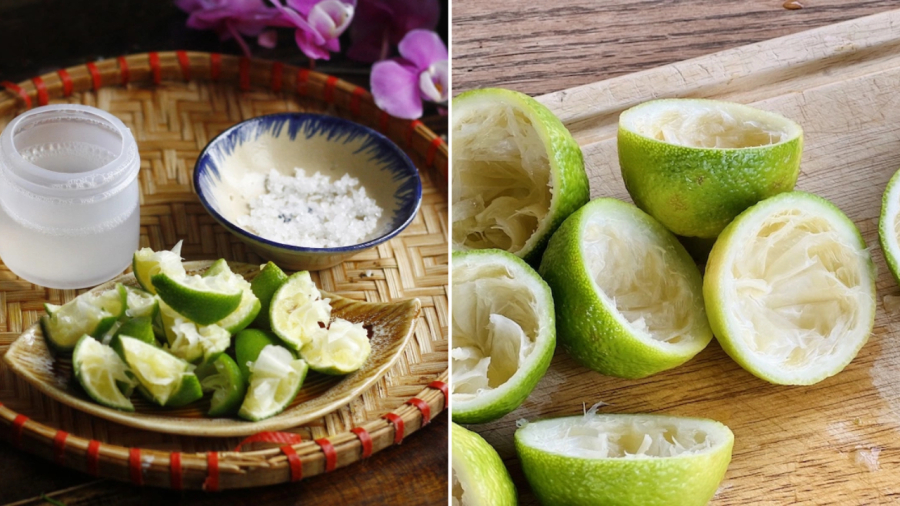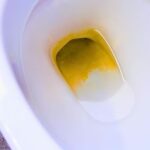Lemon peels are a rich source of citric acid, with the chemical formula C6H8O7. Citric acid has a wide range of applications in industries such as pharmaceuticals, cosmetics, and food production, as well as various household uses.
You can harness the power of lemon peels and essential oils to address many household issues.
Dishwashing Liquid
Creating an eco-friendly dishwashing liquid is possible by utilizing lemon peels and other citrus fruits. The process is simple: cut up lemon peels to fill half a jar, add two spoons of baking soda, seal and shake the jar, and then let it sit in a sunny spot. The reaction between baking soda and citric acid creates a fizzing effect, releasing CO2. The sun’s heat will accelerate the fermentation process, and within a week, you’ll have a natural dishwashing liquid. Strain the liquid and discard the pulp.
This dishwashing liquid is effective, but remember to scrape off any large food remnants before washing. Rinse dishes after use to ensure no residue remains.
Removing Burn Stains from Pots and Pans
Lemon peels can work wonders when it comes to cleaning burnt pots and pans. Simply place the peels (including the leftover pulp) into the pot or pan, add water to cover the burnt area, and boil for 15 minutes. The combination of citric acid and heat will loosen even the most stubborn burnt-on food, making it easy to wash away. Afterward, give the cookware a regular wash.

Disinfecting Knives and Cutting Boards
Lemon peels are excellent for disinfecting knives and cutting boards due to their antiviral and antibacterial properties, which are commonly found in disinfectants and insecticides. After using knives and cutting boards, especially for raw meat or strong-smelling foods, rub the surfaces with lemon peels, then wash them with dish soap and water to ensure they’re clean and odor-free.
Eliminating Odors from the Microwave and Refrigerator
To eliminate odors from your microwave, place lemon peels in a bowl of water and heat it for 2-3 minutes. The heat will release the lemon’s fragrance, neutralizing any unpleasant smells. Simply wipe down the microwave with a dry cloth afterward. For your refrigerator, place lemon peels in the corners to absorb food odors.
Cleaning Tea Stains
Tea stains can be stubborn, but lemon peels are up to the task. Rub the peels directly on stained tea cups or pots, or boil the peels with a little salt and water, then soak the stained items in the solution for a few minutes. Rinse with water once the solution has cooled.
Detox Your Body with 6 Lemons a Day: Her Surprising Results
“Lemons are not just a kitchen staple, but also a powerful natural ‘elixir’ with a myriad of health benefits. But can drinking the juice of six lemons a day truly ‘detox’ your organs and bring about positive changes to your body? Let’s explore the potential advantages and disadvantages of this citrus sensation and uncover the truth behind the claims.”
The Secret to Crisp and Juicy Apples: A Guide to Keeping Your Fruit Fresh All Day Long
Introducing a simple trick to keep apple slices fresh and crisp, without the need for lemon juice or airtight containers. Imagine being able to enjoy perfectly preserved apple slices all day long, with no unsightly browning or loss of flavor. This ingenious method will revolutionize the way you snack, adding a touch of freshness to your daily routine.





































